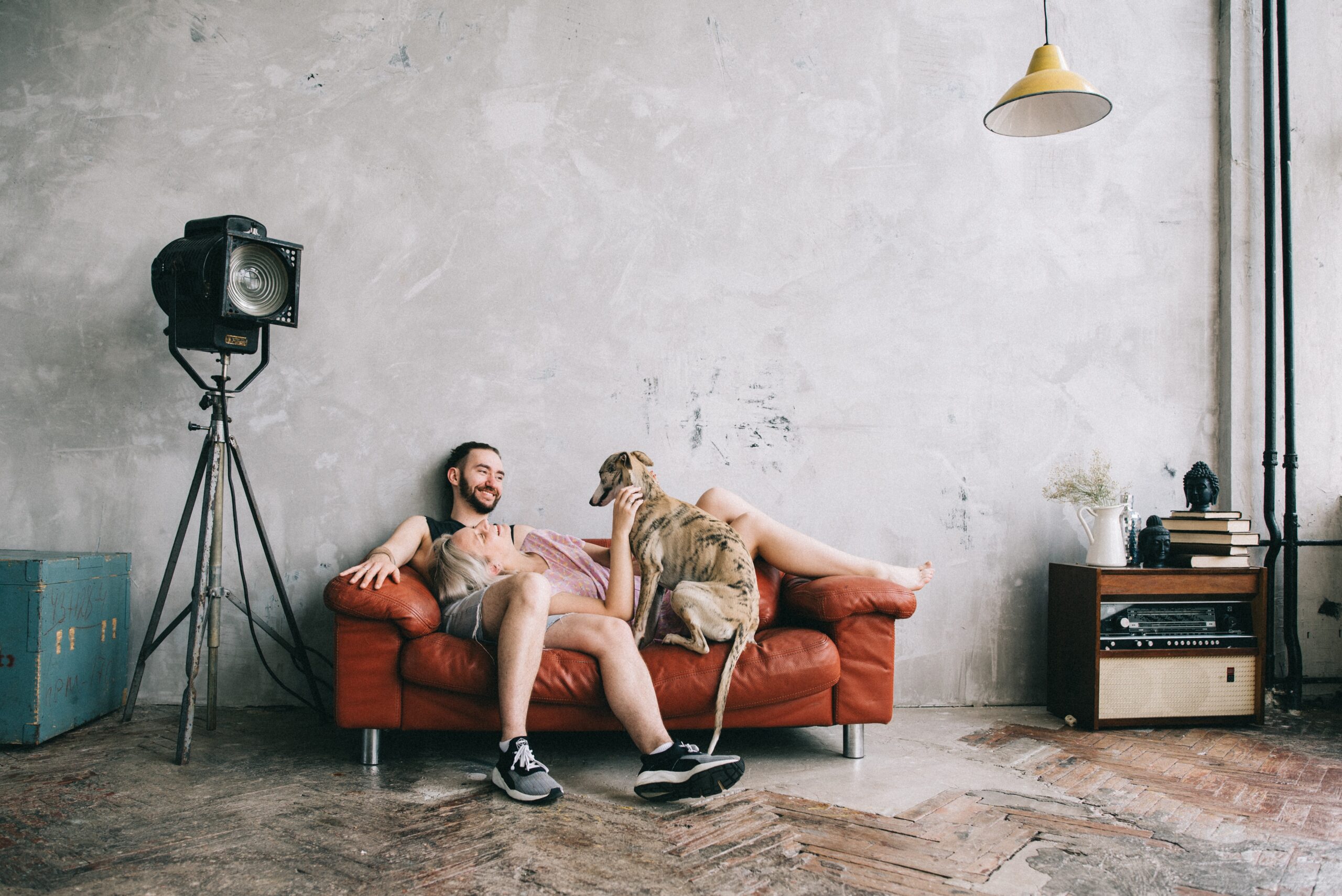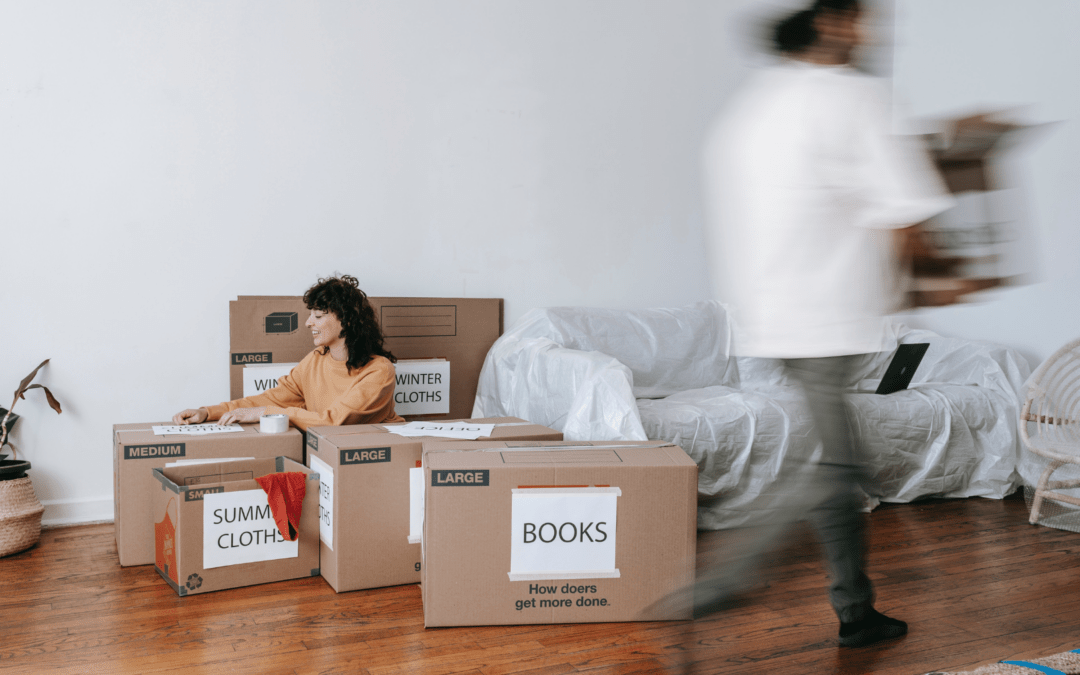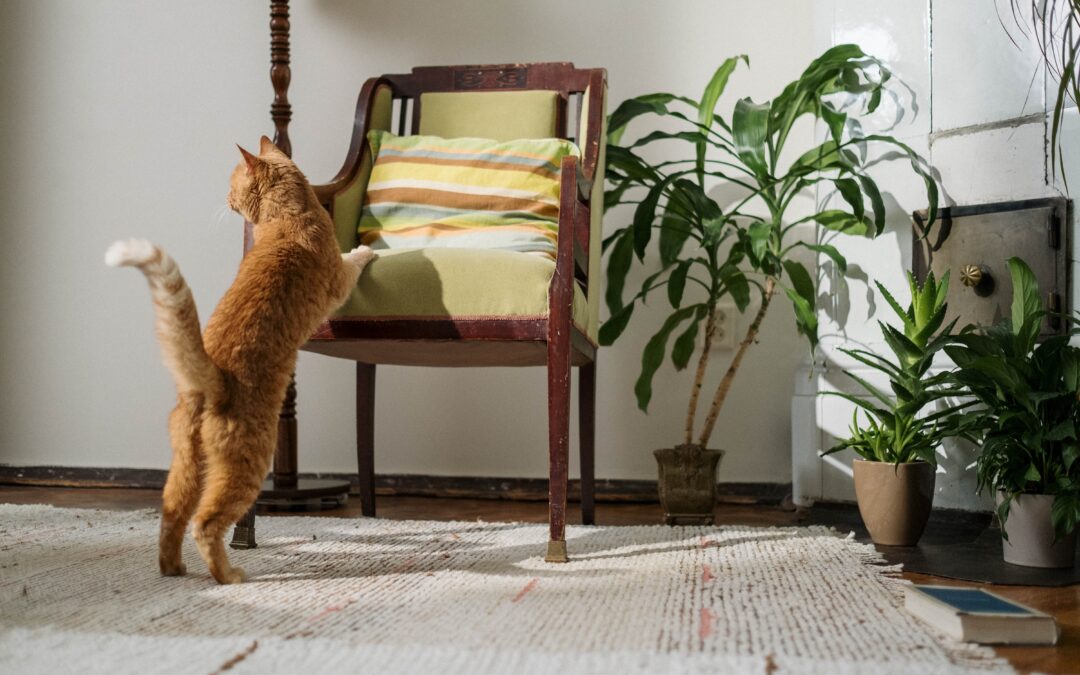Private landlords have certain responsibilities to their tenants by law, just as tenants have a number of obligations they’re required to adhere to.
If you’re renting a property, it’s important to understand exactly what is expected of your landlord, as well as knowing what your responsibilities are as a tenant. There are rules in place to protect both parties and ensure a mutually beneficial arrangement.
To help, we’ve created a guide to help you understand what your landlord is responsible for.
Getting started
At the start of a tenancy, your landlord should give you an energy performance certificate (EPC) and a gas safety certificate (if relevant for the property you’re renting). They’ll also perform a legally required check on your immigration status, know as ‘right to rent’ check, which applies to anyone else living at the property.
When renting through a letting agent, the agent will be act as the middleman between both sides to ensure that all of these checks are carried out correctly and all relevant documents are provided to both parties.
It’s important to ask your landlord questions before you move in to ensure you’re both on the same page when it comes to things like when rent is due and clarifying who’s responsible for the bills. You can read our top tips on this here… https://www.onthemarket.com/content
Fit to live in
As of March 2019, the law states that any property being rented out must be fit for human habitation according to a particular set of guidelines. This doesn’t mean that the décor and soft furnishings should be to your liking, however.
It relates to making sure the property is safe to live in, healthy, free of hazards, and in a good state of repair so that it doesn’t present a danger to tenants in any way.
This means that gas equipment such as a boiler must be fitted by a gas safe engineer and inspected annually. The landlord is also responsible for fitting a working smoke alarm on each floor, and if you have a wood-burning stove, a carbon monoxide detector must be fitted in that room. Other electrical items supplied by the landlord, such as fridge freezers and other white goods, should be checked roughly every five years.
Any soft furnishings, which includes mattresses and sofas, should be labelled by your landlord with a ‘carelessness causes fire’ label.
Maintaining the property
If maintenance issues arise during the tenancy, the tenant is responsible for notifying the landlord so that they can arrange any repairs to be made, this could include anything from electrical problems to damp and mould.
Whilst the landlord is responsible for maintaining the property for the most part, the tenant is still responsible for some things. This includes changing lightbulbs, cleaning the property, changing or testing batteries in a smoke or carbon monoxide alarm.
If you, a visitor, or even a pet, causes damage, the landlord may request that you make the suitable repairs. You can read our top tips for renting with pets here… https://www.onthemarket.com/content/
When can your landlord visit the property?
Understandably, landlords may have to inspect the property from time to time, and they have the right to do so. However, your landlord must give you 24 hours’ notice first, in writing, as tenants have the right to enjoy their home without being disturbed.
They’re not allowed to enter the property without your consent, for instance, while you’re not in.
Can your landlord increase the rent?
Your tenancy agreement should give details of when the rent is to be reviewed. If you have a fixed tenancy, the landlord may increase the rent, but only if you agree.






